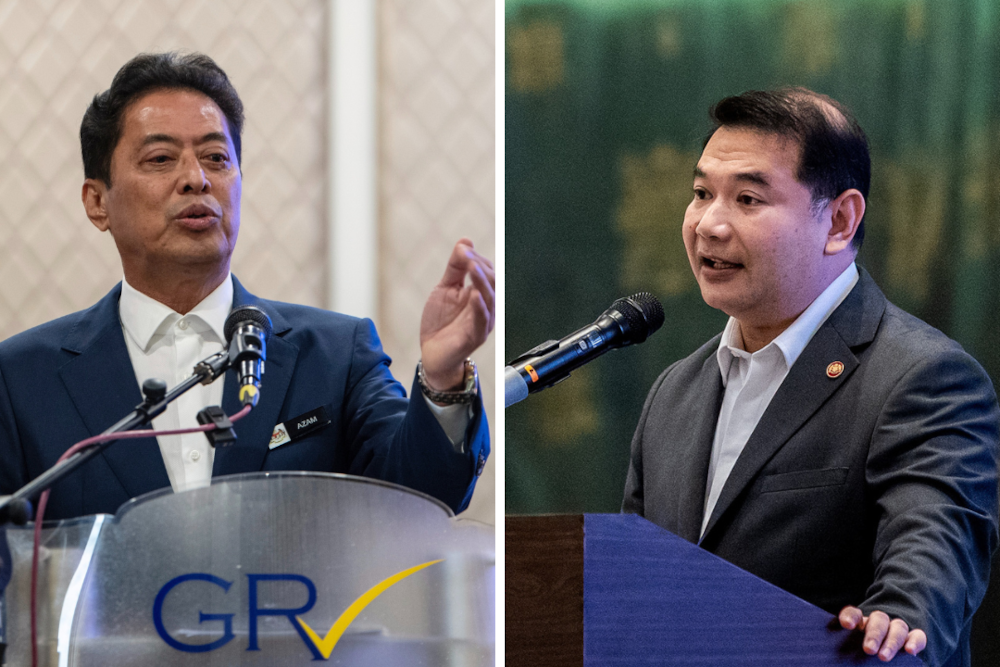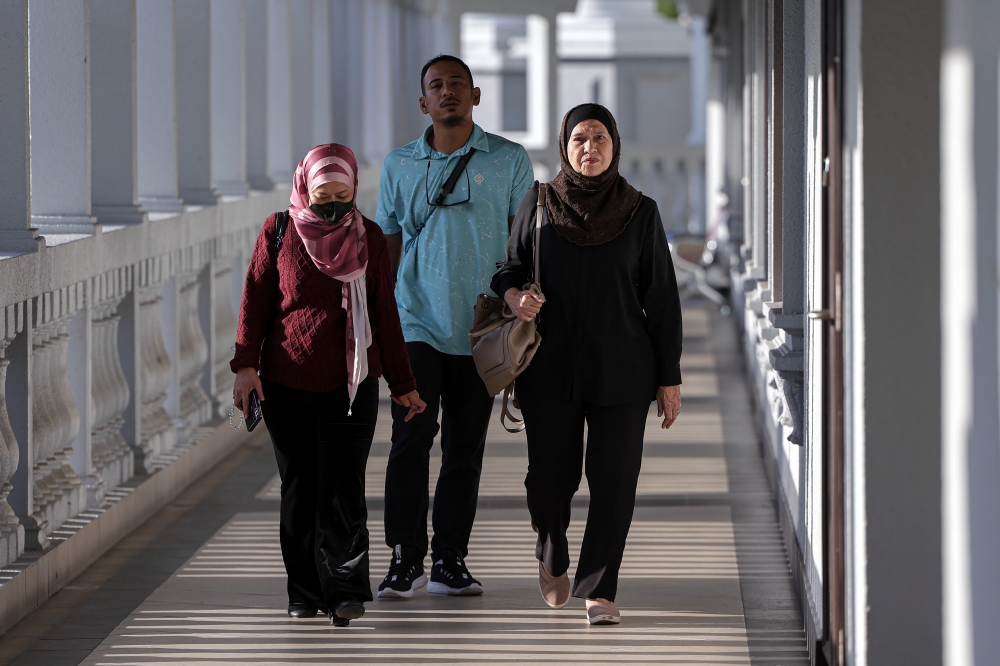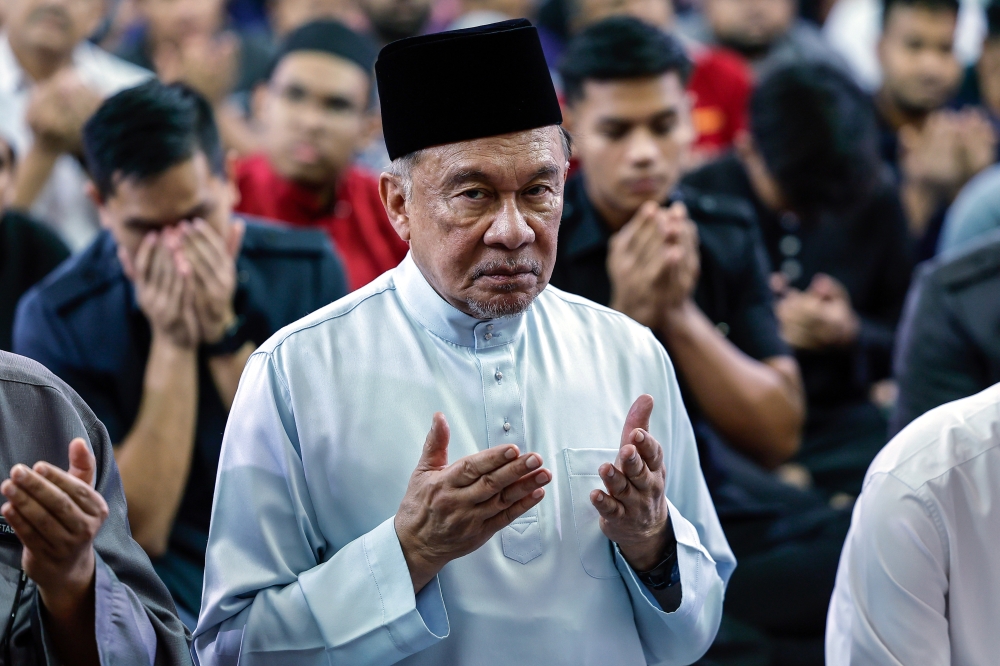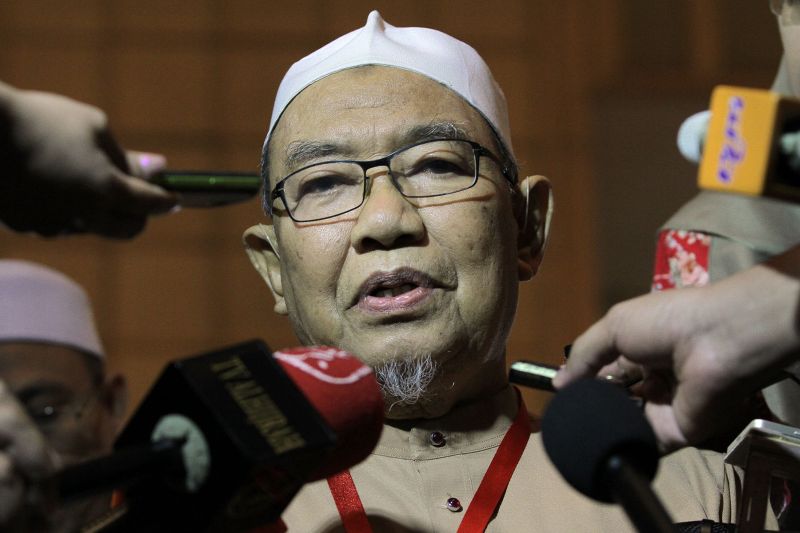KUALA LUMPUR, July 28 ― Tan Sri Harussani Zakaria was outraged that the Court of Appeal had yesterday rejected a fatwa, and ruled that a child conceived out of wedlock may bear the father's name.
The Perak mufti also cautioned Muslims, saying that Islamic laws still apply and must be obeyed by adherents although they have been rejected by “worldly” laws.
“Islamic laws remain Islamic laws, it is obligatory for all Muslims to obey, although worldly laws have rejected them,” Harussani was quoted saying by Islamist portal Ismaweb.
“What has the court decided? Why is it opposed to the Constitution? It has already been decided by a fatwa, why didn’t the court follow the fatwa ruling?”
Harussani insisted that Islamic laws must be followed, especially when it involves Muslims, because the faith is the religion of the federation.
In 2003, the National Fatwa Committee declared that a child conceived out of wedlock (“Anak Tak Sah Taraf”) cannot carry the name (“tidak boleh dinasabkan”) of the person who claims to be the father of the child, if the child was born less than six months of the marriage.
Yesterday, Justice Datuk Abdul Rahman Sebli reportedly asserted that the National Registration Department (NRD) director-general is a civil officer and that he is bound under civil law, meaning the NRD should have referred to Section 13A (2) of the Births and Deaths Registration Act for any decisions relating to a child's surname.
The ruling could effectively allow all Muslim children born out of wedlock to finally bear their father's name.
In making the court ruling, Justice Abdul Rahman said the NRD director-general is not obligated to apply, let alone to be bound by a fatwa issued by a religious body such as the National Fatwa Committee
In response, pro-Shariah Bill group Ummah was reported by Ismaweb in a separate article as downplaying the decision, saying that the relevant section only applies to surnames and not patronyms.
“The section refers to surname, if available, for families that practise the use of family names. Meanwhile, the practice among Muslims in Malaysia of using ‘bin’ or ‘binti’ with the name of the father may not fall under the Section 13A(2),” said Aminuddin Yahaya, its chief and the deputy president of Islamist group Ikatan Muslimin Malaysia (Isma).
The NRD and government have since filed for a leave application to appeal the decision, a move that was welcomed by Aminuddin.
“Considering the legal issue involving lineage has an effect that goes over the administration of Shariah laws at state level, Ummah urges Islamic councils at all states to help untangle the issue by applying to be interveners in the appeal.
“Arguments and input from authoritative religious parties will help the court to give a more holistic decision, for justice’s sake,” he said.



















